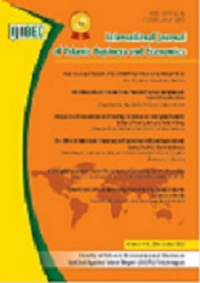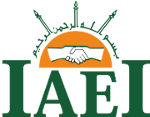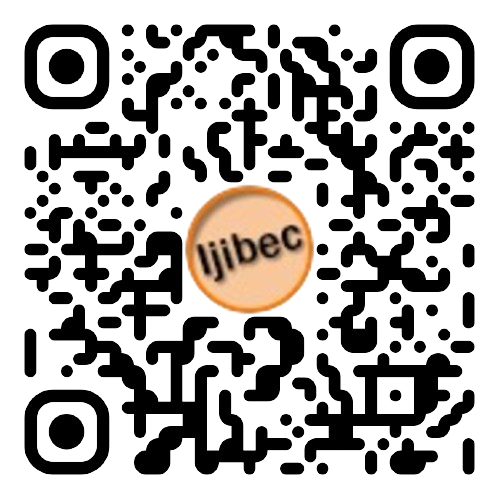INSTITUTIONAL PRESSURE AND THE IMPLEMENTATION OF INDONESIAN SFAS 109
DOI:
https://doi.org/10.28918/ijibec.v5i2.3641Abstract
This study aims to investigate why and how zakat management organizations strategically respond to the obligation to apply the Indonesian Statement of Financial Accounting Standards Number 109 (SFAS 109) on Accounting for Zakat. It was conducted in National Amil Zakat Agency in Bali, and it applies a case study method with interviews, observation, and document review as data collection techniques. Subsequently, the data were interactively analyzed by applying thematic analysis. The results showed that although majority of the financial reporting processes could reflect the choice of acquiescence responses (compliance), other findings revealed the existence of non-compliance responses (compromise-balancing). These are related to the implementation of Indonesian SFAS 109 mainly relating to the context of receiving non-halal fund and the related parties' transactions. Meanwhile, the existence of this non-compliance behavior can be attributed to the low level of organizational dependence on its constituents and the low level of perceived coercivity of the institutional pressure. This study contributes theoretically by revealing new findings of internal actor’s role in deciding the organizational response to institutional pressure. In addition, this study can have practical implications on policy formulation by the Indonesian Accounting Association as a standard-setter body.














